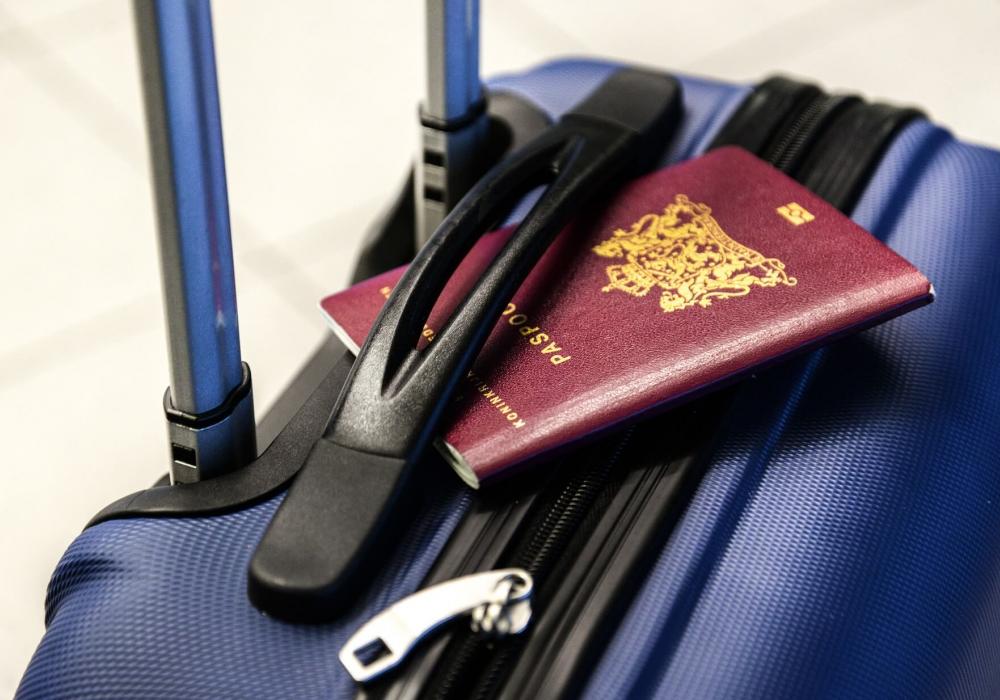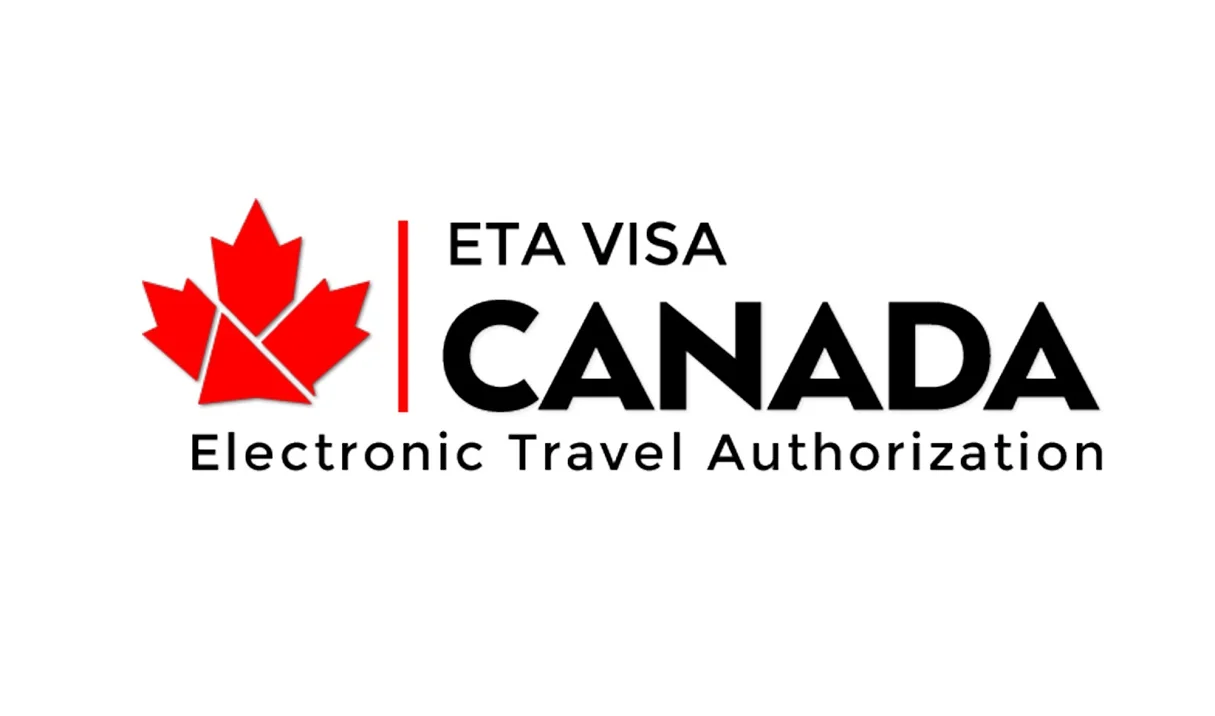immigration
How to Apply for the United States’ Family-Based Immigration Program

How to Apply for the United States’ Family-Based Immigration Program
Immediate relatives and family preference immigrants are the two primary categories of family-based immigrants to the US, and this page discusses some information about how each category might be sponsored as well as the conditions that each petitioner must satisfy to assure successful immigration.
The most popular method for U.S. citizens and permanent residents to sponsor family members for legal immigration and establishment of lawful permanent residence is via family-based immigration (green card). Depending on your connection to your family, which may include spouses, children, parents, or siblings, this procedure is often carried out via either Immediate Relative (IR) or Family Preference (F2A/F2B) visas. Sponsorship is available to spouses, unmarried children under the age of 21 (under 25 if they are full-time students), and parents who are at least 21 years old.
What Exactly Is Immigration Based On Family?
Family-based immigration enables U.S. citizens and legal permanent residents (LPR) to bring in additional family members. Family-based immigration, the most frequent kind of legal immigration, accounts for two thirds of all immigration to the United States.
A Step-by-Step Guide on How to Apply for the USA Citizenship Program
The procedure entails letting citizens and LPRs sponsor certain members of their family for a green card. You must be a member of the sponsor’s immediate family or fall under their family preference category in order to qualify for a visa. A petitioner, a beneficiary, and a minimum of two family members are all involved in the procedure.
Categories for Family-Based Immigrant Visas
Immediate Relative and Family Preference are the two categories for family-based immigration visas.
Favorite Immediate Relative or Family
How is the application procedure structured?
The procedure typically begins when a petitioner submits an immigration request to the American government. They must submit a petition for an alien relative, Form I-130. The family member is qualified to submit an application for a green card after this form has been accepted and a visa number has been available for the relative. After that, the residency is granted either via consular procedure or status modification.
How to Apply for a US Family Visa in 4 Easy Steps
A U.S. Lawful Permanent Resident must do certain actions in order to effectively sponsor a family member. Which are:
petition for a visa is submitted by a US citizen or permanent resident
The visa petition is decided by USCIS.
relatives who have priority wait till a visa is available
An immigrant requests a visa or a Green Card
Step 1: Putting in the Petition
The U.S. Lawful Permanent Resident family member must send a visa petition on USCIS Form I-130, together with supporting documentation, to U.S. Citizenship and Immigration Services to start the sponsoring process (USCIS). The LRP must demonstrate the validity of the familial connection.
Step 2: A decision is made by USCIS
After receiving the petition, USCIS will decide whether to accept it or reject it. The case file will be sent to the National Visa Center for further processing if accepted.
If refused, the petitioner may reapply after evaluating what modifications are necessary to increase the likelihood of acceptance. Following acceptance, USCIS will forward the case file for the immigrant to the National Visa Center (NVC) for further processing.
Step 3: Preferred Relatives Await the availability of visas
Only if the petitioner belonged to the Family Preference group does this step take place. There are yearly limitations on the number of Green Cards that may be awarded, thus relatives who are not deemed “immediate” are ineligible for immediate permanent residency. In order to find out whether a visa is available, the immigrant must thus join a waiting list and wait for at least a year.
Step 4: Immigrant applies for a visa or green card
The immigrant would subsequently file an application for permanent residence if the petition had been accepted and a visa had become available. This is often accomplished by submitting an application for an immigrant visa at a U.S. consulate abroad, then after arriving in the country, the immigrant would submit an application for a Green Card.
The next step, known as “consular processing,” will include the immigrant completing a number of papers, providing supporting documentation, and going through a medical exam.







